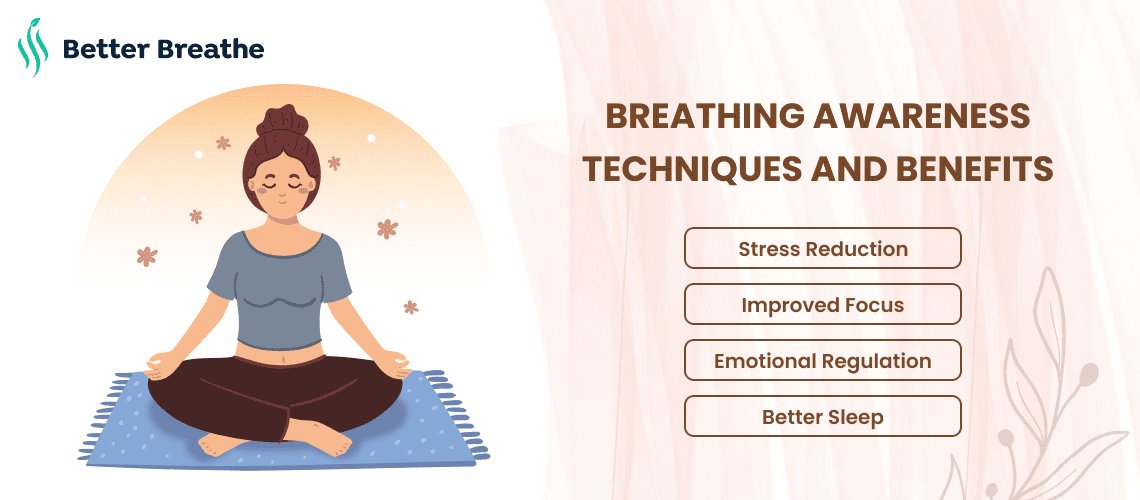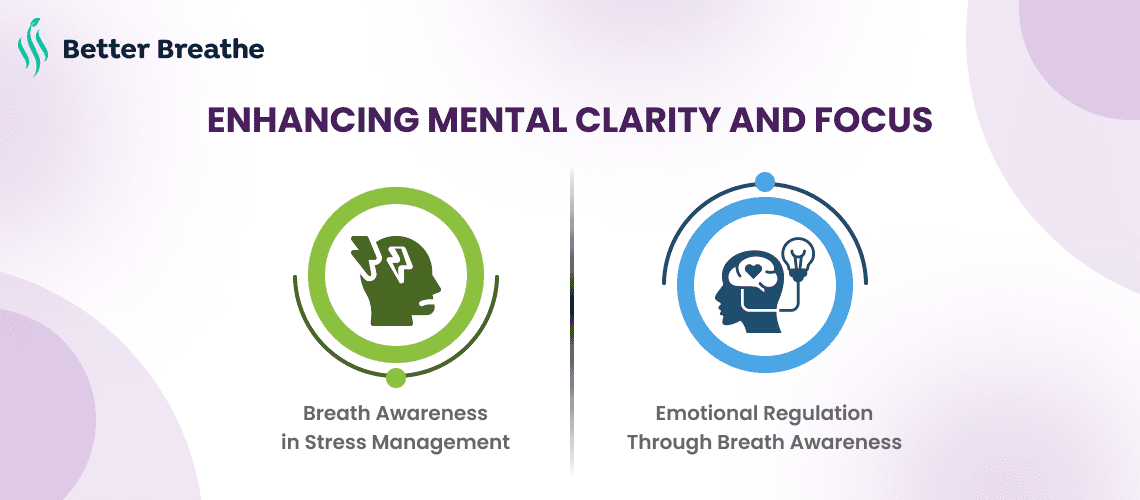
In the world we live in nowadays, finding inner peace and achieving mindfulness has become more challenging than ever. The constant demands of work, technology, and daily life often leave us feeling stressed and disconnected. However, there is a simple yet powerful tool that can help us navigate the chaos of modern life and find serenity within ourselves – breath awareness.
Breath awareness, often associated with meditation and yoga, is a practice that involves paying deliberate attention to the present moment without judgment. It is a path to inner peace, heightened awareness, and improved mental well-being. One of the most fundamental aspects of mindfulness is breath awareness – the art of observing and controlling your breath.
Breath awareness is a breathing technique that involves focusing your attention on your breath. It is about observing each inhale and exhale without attempting to change or control it. By directing your attention to your breath, you anchor yourself in the present moment, away from the distractions of the past and future.
Your breath is an incredible bridge to mindfulness because it is always with you. By concentrating on your breath, you create a mental space that allows you to let go of worries and stress, ultimately leading to inner peace.
Numerous scientific studies have shown the benefits of breath awareness. It activates the parasympathetic nervous system, reducing stress and promoting relaxation. Additionally, it enhances brain function, increasing cognitive abilities and emotional regulation.

Breath awareness doesn't require a dedicated meditation session. You can practice it all day long:

As you become more skilled in breath awareness, you'll notice increased mental clarity and focus. This is because you train your mind to stay present and avoid distractions.
When life gets overwhelming, turn to breath awareness. It's a powerful tool to manage stress and prevent it from taking a toll on your physical and mental health.
Understanding and managing your emotions is easier when you practice breath awareness. It allows you to respond to situations with composure and compassion.
Improved oxygenation of the body and enhanced lung function are additional benefits of breath awareness. It can even aid in pain management and promote overall well-being.
Breath awareness is a cornerstone of meditation practices. It provides a focal point for your meditation and helps you achieve a deeper state of mindfulness.
Breath awareness is a skill that can benefit individuals of all ages. Teaching children breath awareness can help them manage stress and emotions effectively.
Some misconceptions about breath awareness exist, such as it is a complex practice. In reality, it is simple and accessible to everyone regardless of experience. For further guidance and support, consider downloading Better Breathe available on both the App Store and Google Play Store.
In a world filled with distractions and stressors, breath awareness stands as a beacon of hope for those seeking inner peace and mindfulness. By integrating this practice into your daily life, you can experience the numerous physical, mental, and emotional benefits it offers. Embrace the power of your breath and discover a path to greater serenity and well-being.